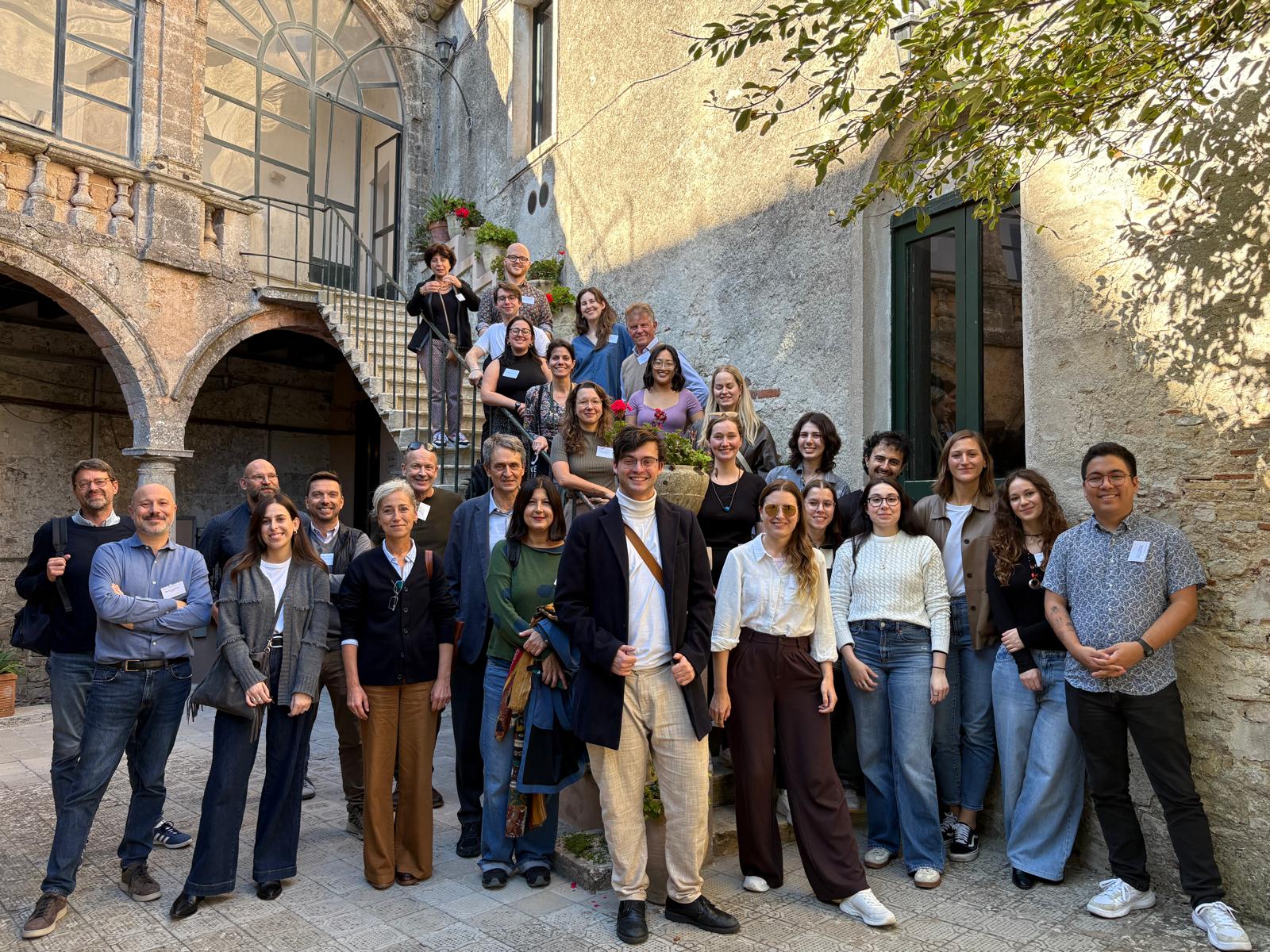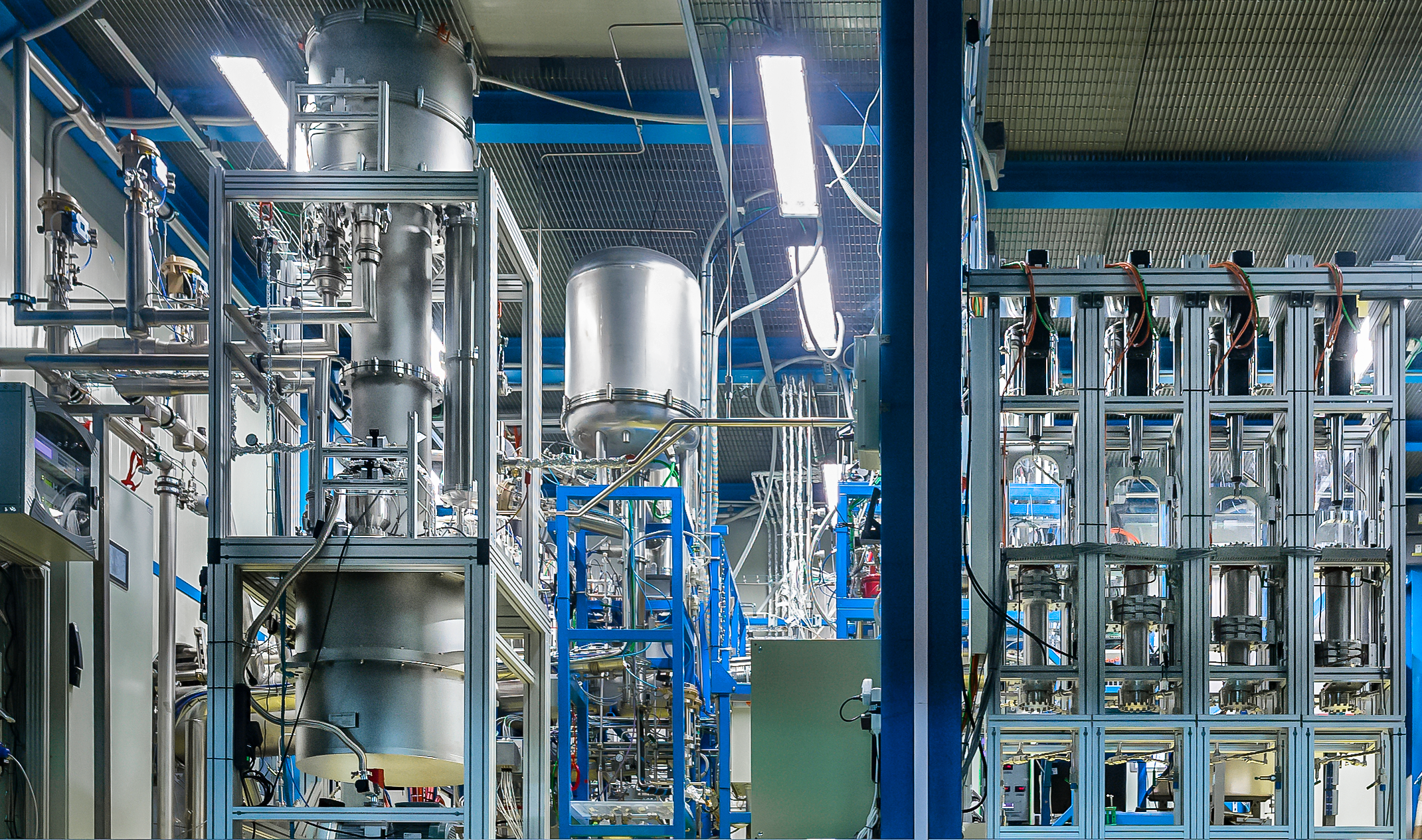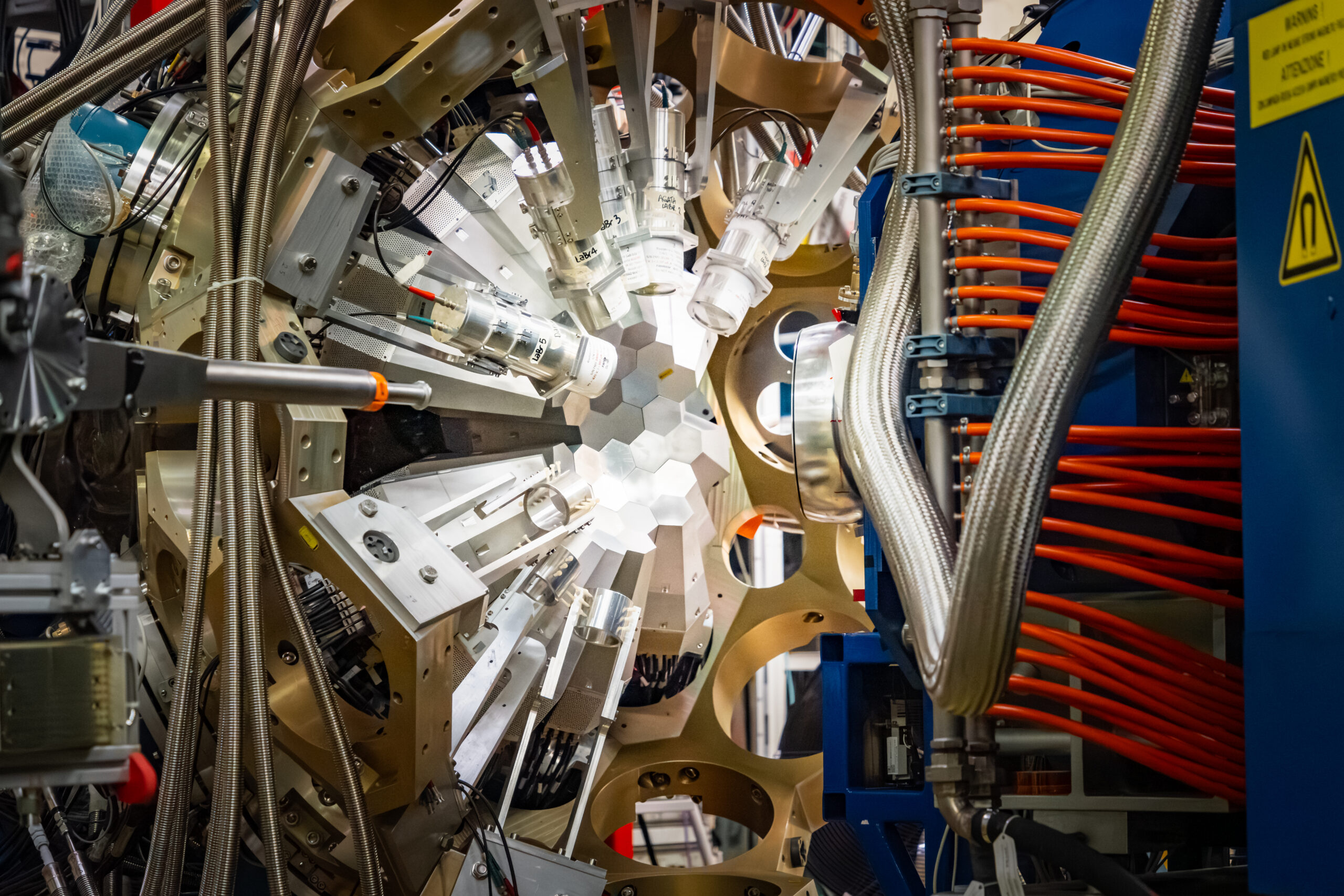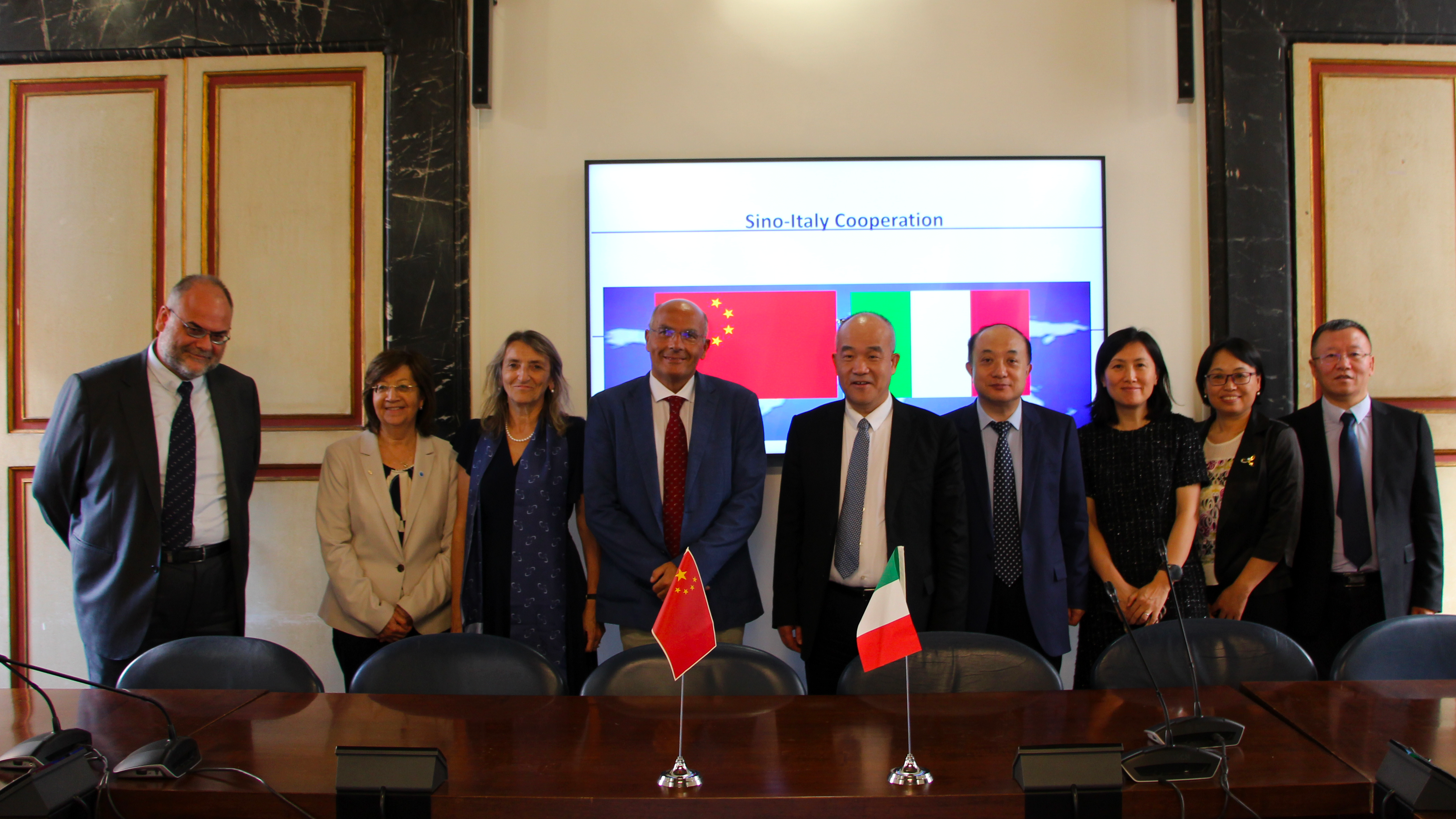 Studying the impact of climate change on corals and molluscs with nuclear physics tools and techniques: this is the goal of the REMO project, of which INFN is the only foreign partner, launched in March by the Spanish Ministry of Science and Innovation as part of the national Recovery Fund. The project will be implemented at the Oceanogràfic de València, the largest aquarium in Europe, where two aquariums, called microcosms, with molluscs very common in the Mediterranean Sea and corals will be installed. How the growth rate of these marine organisms varies as a function of water acidity will be studied. Indeed, the level of acidity of the oceans is closely linked to the impact of climate change because many industrial activities produce an excess of carbon dioxide that reacts with water molecules to form carbonic acid: the increase of carbon dioxide in the atmosphere, therefore, leads to an increase in the acidity of the oceans. The level of growth of corals and molluscs will be monitored using radiotracers, in particular radioisotopes of calcium, and particle detectors, i.e. technologies belonging to nuclear physics for the implementation of which the INFN Legnaro National Laboratories (LNL) are at the forefront. For this reason, the Spanish partners of REMO decided to involve INFN in two crucial phases of the project: development of the particle detectors and monitoring of the calcium uptake by molluscs and corals. Radiotracers, in particular, are an essential tool for the detailed assessment of many biological processes, and nuclear physics has the technical capabilities to use them safely: REMO thus represents the forerunner of projects in which the use of radiotracers plays an essential role in monitoring biological processes of environmental interest.
Studying the impact of climate change on corals and molluscs with nuclear physics tools and techniques: this is the goal of the REMO project, of which INFN is the only foreign partner, launched in March by the Spanish Ministry of Science and Innovation as part of the national Recovery Fund. The project will be implemented at the Oceanogràfic de València, the largest aquarium in Europe, where two aquariums, called microcosms, with molluscs very common in the Mediterranean Sea and corals will be installed. How the growth rate of these marine organisms varies as a function of water acidity will be studied. Indeed, the level of acidity of the oceans is closely linked to the impact of climate change because many industrial activities produce an excess of carbon dioxide that reacts with water molecules to form carbonic acid: the increase of carbon dioxide in the atmosphere, therefore, leads to an increase in the acidity of the oceans. The level of growth of corals and molluscs will be monitored using radiotracers, in particular radioisotopes of calcium, and particle detectors, i.e. technologies belonging to nuclear physics for the implementation of which the INFN Legnaro National Laboratories (LNL) are at the forefront. For this reason, the Spanish partners of REMO decided to involve INFN in two crucial phases of the project: development of the particle detectors and monitoring of the calcium uptake by molluscs and corals. Radiotracers, in particular, are an essential tool for the detailed assessment of many biological processes, and nuclear physics has the technical capabilities to use them safely: REMO thus represents the forerunner of projects in which the use of radiotracers plays an essential role in monitoring biological processes of environmental interest. Studying the impact of climate change on corals and molluscs with nuclear physics tools and techniques: this is the goal of the REMO project, of which INFN is the only foreign partner, launched in March by the Spanish Ministry of Science and Innovation as part of the national Recovery Fund. The project will be implemented at the Oceanogràfic de València, the largest aquarium in Europe, where two aquariums, called microcosms, with molluscs very common in the Mediterranean Sea and corals will be installed. How the growth rate of these marine organisms varies as a function of water acidity will be studied. Indeed, the level of acidity of the oceans is closely linked to the impact of climate change because many industrial activities produce an excess of carbon dioxide that reacts with water molecules to form carbonic acid: the increase of carbon dioxide in the atmosphere, therefore, leads to an increase in the acidity of the oceans. The level of growth of corals and molluscs will be monitored using radiotracers, in particular radioisotopes of calcium, and particle detectors, i.e. technologies belonging to nuclear physics for the implementation of which the INFN Legnaro National Laboratories (LNL) are at the forefront. For this reason, the Spanish partners of REMO decided to involve INFN in two crucial phases of the project: development of the particle detectors and monitoring of the calcium uptake by molluscs and corals. Radiotracers, in particular, are an essential tool for the detailed assessment of many biological processes, and nuclear physics has the technical capabilities to use them safely: REMO thus represents the forerunner of projects in which the use of radiotracers plays an essential role in monitoring biological processes of environmental interest.
Studying the impact of climate change on corals and molluscs with nuclear physics tools and techniques: this is the goal of the REMO project, of which INFN is the only foreign partner, launched in March by the Spanish Ministry of Science and Innovation as part of the national Recovery Fund. The project will be implemented at the Oceanogràfic de València, the largest aquarium in Europe, where two aquariums, called microcosms, with molluscs very common in the Mediterranean Sea and corals will be installed. How the growth rate of these marine organisms varies as a function of water acidity will be studied. Indeed, the level of acidity of the oceans is closely linked to the impact of climate change because many industrial activities produce an excess of carbon dioxide that reacts with water molecules to form carbonic acid: the increase of carbon dioxide in the atmosphere, therefore, leads to an increase in the acidity of the oceans. The level of growth of corals and molluscs will be monitored using radiotracers, in particular radioisotopes of calcium, and particle detectors, i.e. technologies belonging to nuclear physics for the implementation of which the INFN Legnaro National Laboratories (LNL) are at the forefront. For this reason, the Spanish partners of REMO decided to involve INFN in two crucial phases of the project: development of the particle detectors and monitoring of the calcium uptake by molluscs and corals. Radiotracers, in particular, are an essential tool for the detailed assessment of many biological processes, and nuclear physics has the technical capabilities to use them safely: REMO thus represents the forerunner of projects in which the use of radiotracers plays an essential role in monitoring biological processes of environmental interest.




